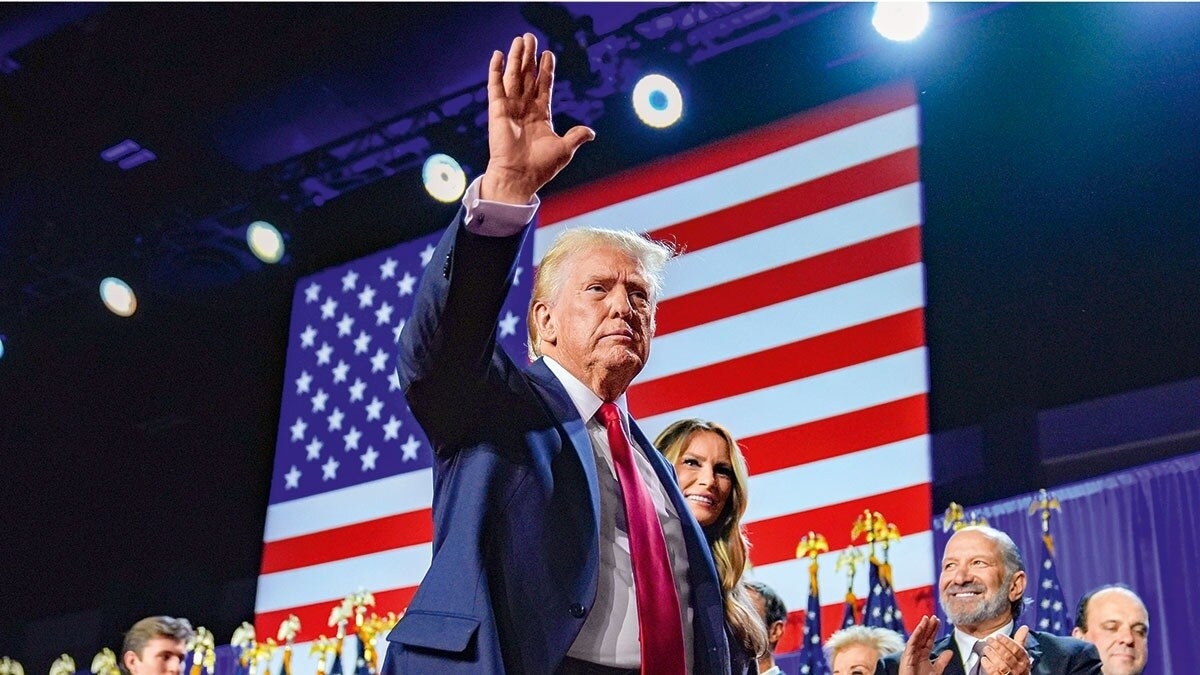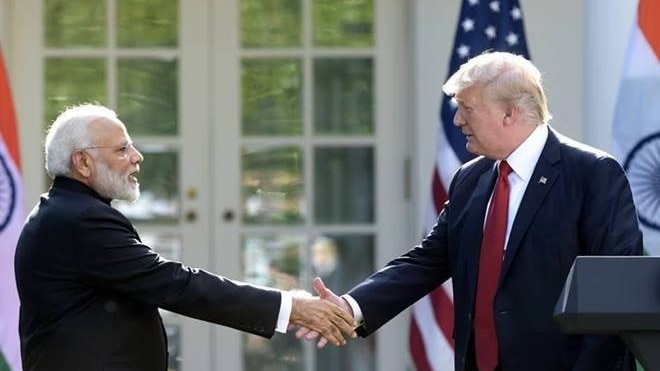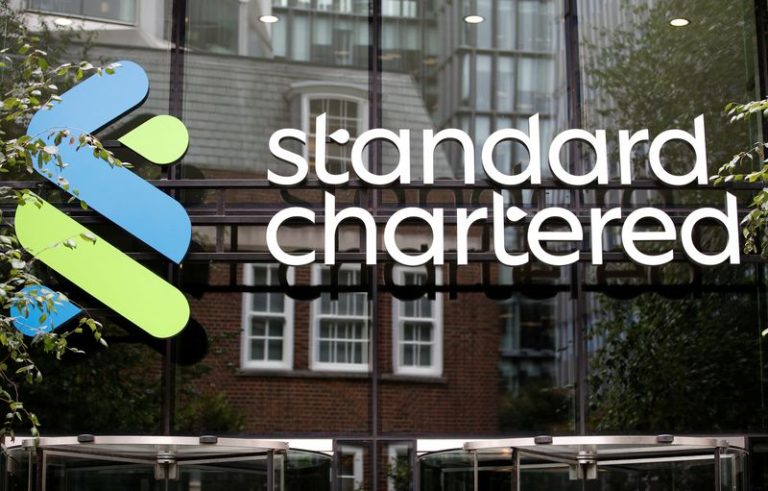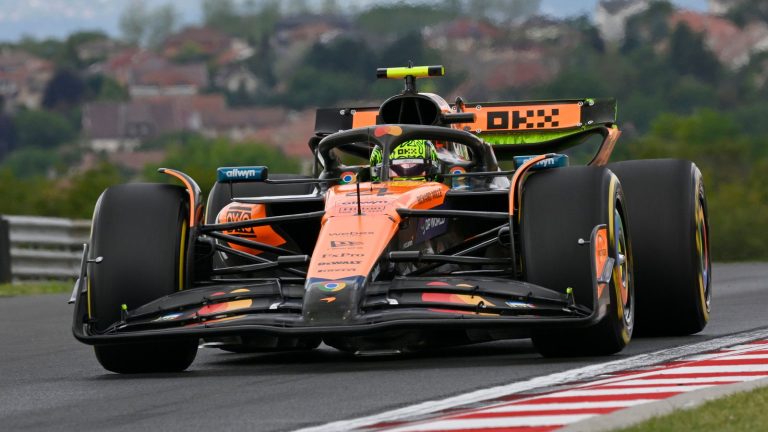Top Indian government officials have pushed back firmly against the United States’ announcement of a 25% tariff and a yet-unspecified penalty on Indian goods, calling it an unfair pressure tactic that is unlikely to yield results. Officials told Business Today that India will not compromise on the interests of its farmers and remains committed to protecting its agriculture and dairy sectors.
“The U.S. can’t expect India to open its agriculture and dairy markets under pressure. Our farmers’ interests are paramount. Just like we didn’t concede in the India-UK FTA talks, we won’t do it here either,” a senior government official said on condition of anonymity.
The response comes hours after former U.S. President Donald Trump announced punitive trade measures against India, citing unresolved trade imbalances and India’s continued defence and energy ties with Russia. The proposed 25% tariff is set to take effect from August 1, 2025, alongside a penalty. Earlier, Trump had threatened a 10% penalty on BRICS member nations, while a U.S. maker has proposed imposing 100% tariffs on countries like Brazil, China, and India for importing Russian crude oil.
Key departments, including the Ministry of Commerce and Industry and the Ministry of External Affairs, are currently holding internal consultations, with coordination meetings also planned with the Prime Minister’s Office (PMO). “We’re in a wait-and-watch mode for now,” a government official said, suggesting that India is exploring its diplomatic and trade options.
The imposition of the tariff threatens to hit a broad range of Indian exports to the U.S., including pharmaceuticals, textiles, engineering goods, and auto components.
Economists warn that the trade shock could weigh on India’s growth trajectory if the standoff deepens.
“When the U.S. had initially imposed tariffs, we had lowered our forecast of India’s GDP expansion to 6.2% for FY2026, presuming a tepid rise in exports and a delay in private capex. The tariff (and penalty) now proposed by the U.S. is higher than what we had anticipated and is therefore likely to pose a headwind to India’s GDP growth. The extent of the downside will depend on the size of the penalties imposed,” said Aditi Nayar, Chief Economist, ICRA Ltd.







